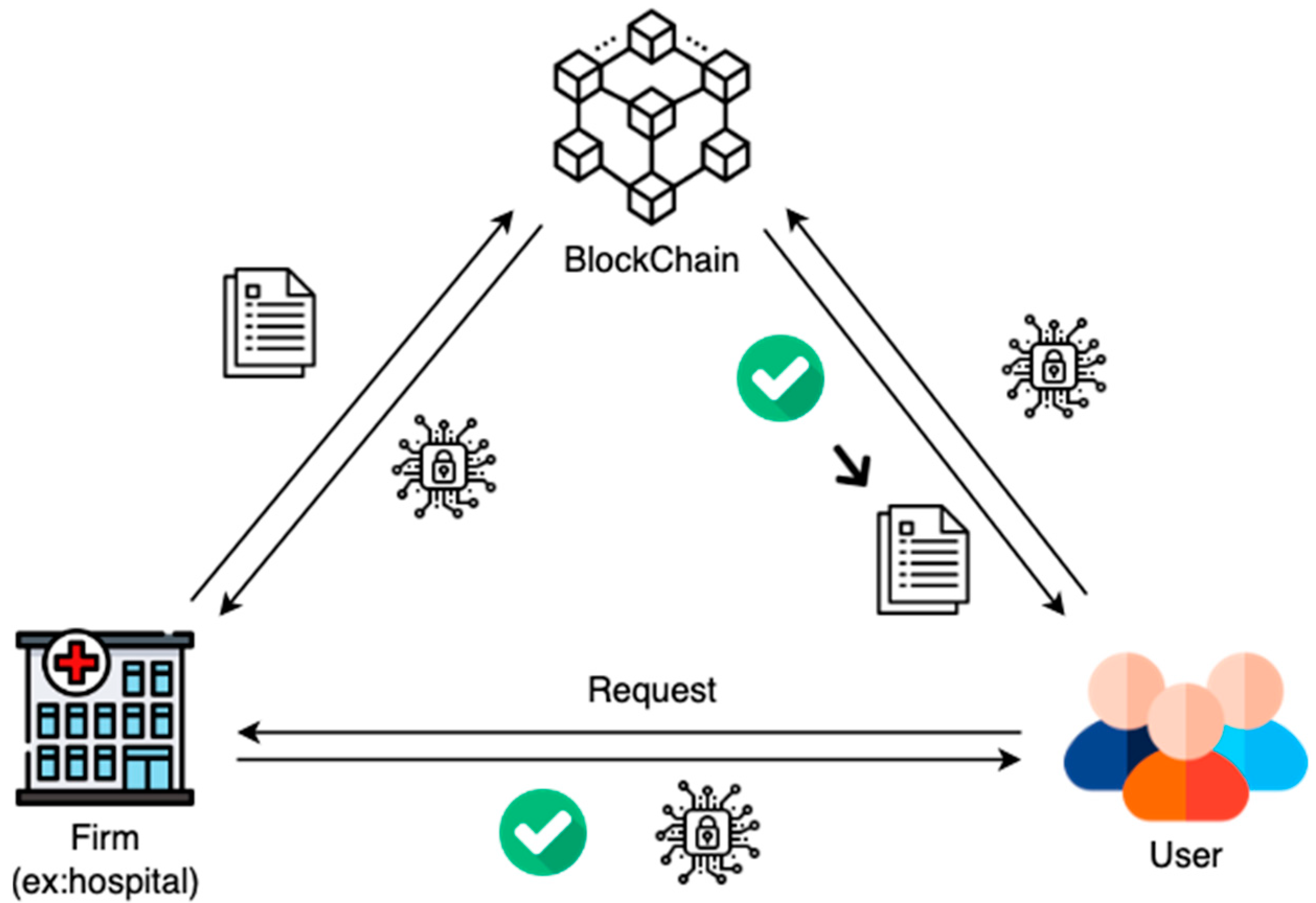Print Fix Hub
Your go-to source for everything print-related, from troubleshooting to tips.
Join the Decentralized Revolution: Where Security Meets Freedom
Discover how the decentralized revolution empowers you with unmatched security and freedom. Join us and reshape your digital future today!
What is Decentralization and Why is it Important for Security and Freedom?
Decentralization refers to the distribution of authority, control, and responsibility away from a central entity or governing body. In a decentralized system, power is spread across multiple nodes or participants, enabling greater transparency, resilience, and participation. This structure is particularly relevant in the realms of technology and governance, where decentralized technologies such as blockchain provide new frameworks for managing data and transactions. By removing the single point of failure often associated with centralized systems, decentralization enhances security—protecting users from potential abuses of power and single entities becoming targets for attacks.
Moreover, decentralization plays a crucial role in promoting freedom by empowering individuals and communities. When power is localized, people can make decisions that directly impact their lives without excessive interference from central authorities. This localized decision-making enhances personal agency and fosters environments where diverse perspectives can thrive. In a digital context, platforms that embrace decentralization allow users to retain ownership of their data and engage with technology on their own terms, thus safeguarding their privacy and freedom of expression in an increasingly centralized digital age.

Counter-Strike is a popular multiplayer first-person shooter game that has garnered a massive following since its initial release. Players compete in teams to complete objectives, such as defusing bombs or rescuing hostages, using various weapons and tactics. The gaming community constantly evolves, offering exciting opportunities for gamers, while those interested in the world of online gaming can find great deals, including a cryptocasino.com promo code to enhance their experience.
Top 5 Benefits of Embracing a Decentralized Future
In today's rapidly evolving technological landscape, embracing a decentralized future offers numerous advantages. First and foremost, it enhances security by distributing data across multiple nodes, reducing the risk of a single point of failure. This approach means that sensitive information is less susceptible to breaches, as hackers would need to infiltrate numerous systems to access valuable data. Secondly, the transparency that comes with decentralization fosters trust among users and participants. With blockchain and other decentralized technologies, transactions and interactions are recorded on public ledgers, enabling users to independently verify activities and ensuring accountability.
Another significant benefit is the increased control that users gain over their own data and resources. In a decentralized system, individuals can manage their identities and preferences without relying on centralized authorities, empowering them to make choices that align with their personal values. Moreover, decentralization can lead to greater accessibility; by removing intermediaries, individuals from various backgrounds can access services and resources that may have previously been out of reach. Lastly, embracing a decentralized future encourages innovation and collaboration, as it dismantles barriers and opens avenues for new ideas and solutions to thrive across diverse communities.
How Decentralization is Transforming the Way We Interact Online
Decentralization is fundamentally reshaping the way we interact online, moving power from centralized entities to distributed networks. This shift allows individuals to have more control over their data and privacy. In traditional online interactions, users often rely on central platforms to mediate their connections. With the advent of blockchain technology and decentralized applications (dApps), users can now communicate, share information, and conduct transactions directly with one another. This shift not only enhances privacy but also fosters a more equitable digital landscape where users are not merely products of their platforms.
As we embrace this decentralized approach, new opportunities for innovation arise. For instance, decentralized finance (DeFi) enables users to engage in financial transactions without intermediaries, lowering fees and increasing access. Additionally, social media platforms built on decentralized frameworks empower users to create content and monetize it without the threat of censorship. The implications of decentralization are vast, as they promote trust, security, and resilience in our online interactions, encouraging more authentic and transparent connections across the globe.